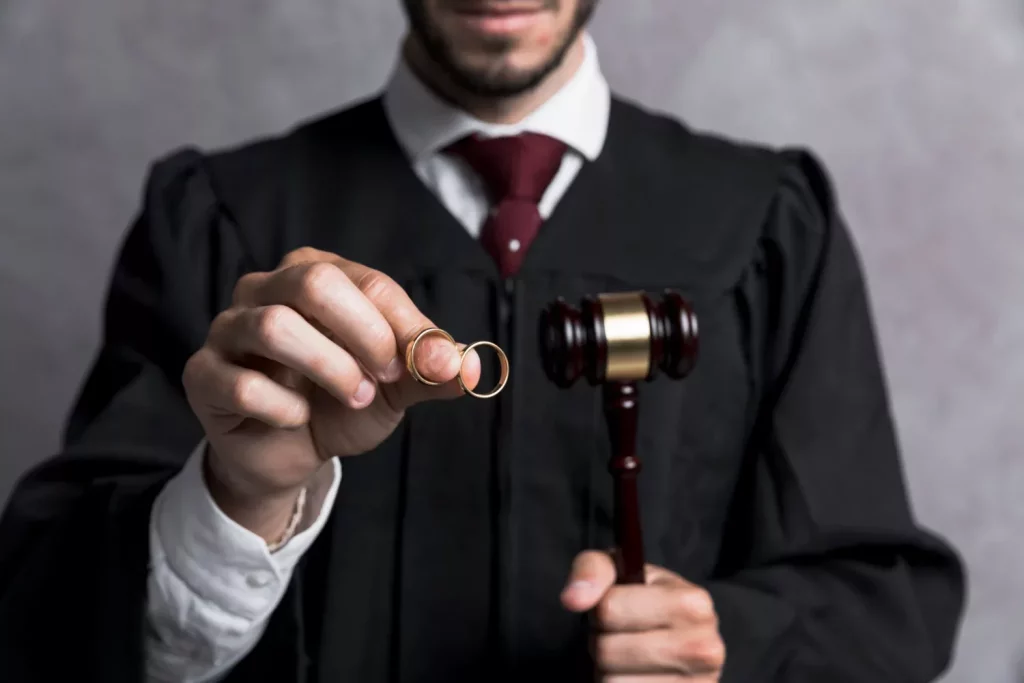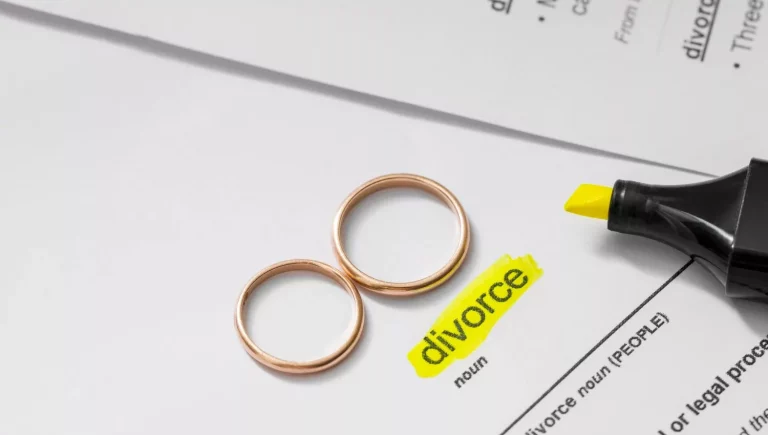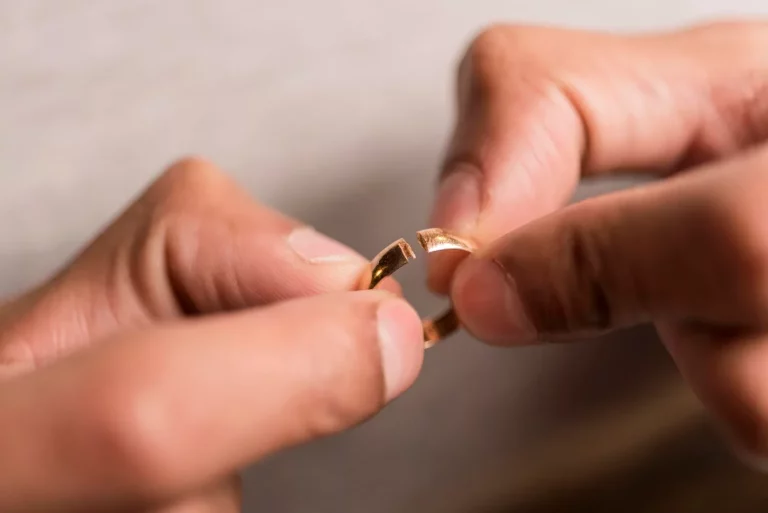Duration of Uncontested Divorce in Massachusetts
Ever wonder how quickly you can finalize your uncontested divorce in Massachusetts? At TheBostonDivorceLawyer, we have the answers. Find out everything you need to know about the timeline for an uncontested divorce in the Bay State.
As demonstrated by the Massachusetts Court System website, an uncontested divorce in Massachusetts typically takes a few months to finalize after all necessary paperwork is filed.
This timeline may vary depending on the specific circumstances of the case and the court’s schedule.
Process Overview
One spouse needs to file a Joint Petition for Divorce with the court. Both spouses must agree on the details of their divorce, such as child custody, support, and splitting their belongings. After the petition is filed, there’s a waiting period of 30 days before a judge can give a final divorce decree.
During this waiting time, the couple might have to go to a divorce hearing to show their agreement to the judge. If the judge approves it, the divorce is finalized. To be fair, if there are any unresolved issues, the judge may schedule another hearing or ask the couple to go to mediation.
On average, an uncontested divorce in Massachusetts takes about 1 to 3 months from filing the Joint Petition for Divorce to finalization, but it can vary.
It’s very important for both spouses to communicate well and cooperate to agree on all aspects of the divorce. Doing this can speed up the process and reduce delays. Additionally, getting help from a family law attorney can ensure everything is done correctly and smoothly.
Filing Requirements
The first step to get a divorce is to file a Complaint for Divorce at the Probate and Family Court in the county where either you or your spouse lives. You also need to submit a Joint Petition for Divorce and an Affidavit of Irretrievable Breakdown, which says that your marriage can’t be fixed.
After filing these papers, you need to deliver a copy to your spouse. Your spouse has 20 days to respond. If they don’t respond within 20 days, you can ask the court to continue the divorce process without their input.
Once the initial paperwork is filed and served, there is a waiting period of 120 days before the divorce can be finalized in Massachusetts. During this time, you and your spouse should try to agree on important matters like child custody, child support, alimony, and how to divide your property and debts.
If you both agree on all these issues, you can submit a Separation Agreement to the court. If the court approves it, a judge will give you a Judgment of Divorce Nisi, which will become final after 90 days. If you can’t agree, a judge will make these decisions for you.
An uncontested divorce in Massachusetts usually takes between six months to a year to finalize, depending on how complicated your case is and how busy the court is.
Waiting Period
The waiting period for a divorce in Massachusetts usually lasts about 120 days from when the divorce papers are first filed with the court.
During this time, both parties must wait before the final divorce can be granted. This period lets them think over their decision and make sure they’re making the right choice. It also gives time to sort out any issues or disagreements.
After the waiting period, the court will check the divorce agreement to make sure it’s fair for both parties and any children. As far as I’m concerned, if everything looks good, the court will finalize the divorce.
Sometimes, the waiting period may be longer if the court needs more information or if there are complications. But in most uncontested divorces in Massachusetts, the wait is usually around 120 days.
In short, the waiting period is an essential part of the process to make sure both parties have thought carefully about their decision and that the final agreement is fair for everyone involved.
Finalization Steps
After agreeing on important matters like child custody, support, and dividing assets, the couple needs to file a Joint Petition for Divorce with the court. This form explains the terms of the divorce deal and asks the court to approve it. Both people must sign it before filing.
Once it’s filed, the court sets a hearing to check the agreement. The hearing is usually short, and if the judge thinks the agreement is fair, they will approve the divorce. However, the divorce isn’t final right away; there’s a 90-day waiting period after the hearing.
So to speak, during these 90 days, either person can file a Motion to Dismiss, which can delay the divorce. If no one files this motion, the divorce becomes final after the 90 days end.
Besides finalizing the divorce, the couple might also need to take care of other things like changing their name or updating their will.
In short, the steps to finish an uncontested divorce in Massachusetts can take different amounts of time, but the 90-day waiting period is a big part of how long it will take.

Potential Delays
Uncontested divorces are usually quicker and easier than contested ones, but they can still take longer than expected. Here are a few reasons why:
- Court Schedule: Courts can be busy, which might cause your hearing to be scheduled later than you hoped. The court also needs time to review your documents and make a final decision, which could take a while.
- Paperwork Issues: If there are mistakes or missing information in your forms, the court might ask for more documents or clarification. Honestly, this can slow things down, so it’s important to double-check everything before you submit it.
- Disagreements: Even in an uncontested divorce, you and your spouse might disagree on some issues. These disputes need to be resolved, which can also delay the process.
To Wrap it All Up
An uncontested divorce typically takes between 1-3 months to finalize. However, the exact timeline can vary depending on various factors such as court scheduling, the complexity of the case, and the responsiveness of both parties.
What TheBostonDivorceLawyers is recommending to set up is, overall, seeking legal guidance and cooperation from both parties can help expedite the process and reach a swift resolution.







